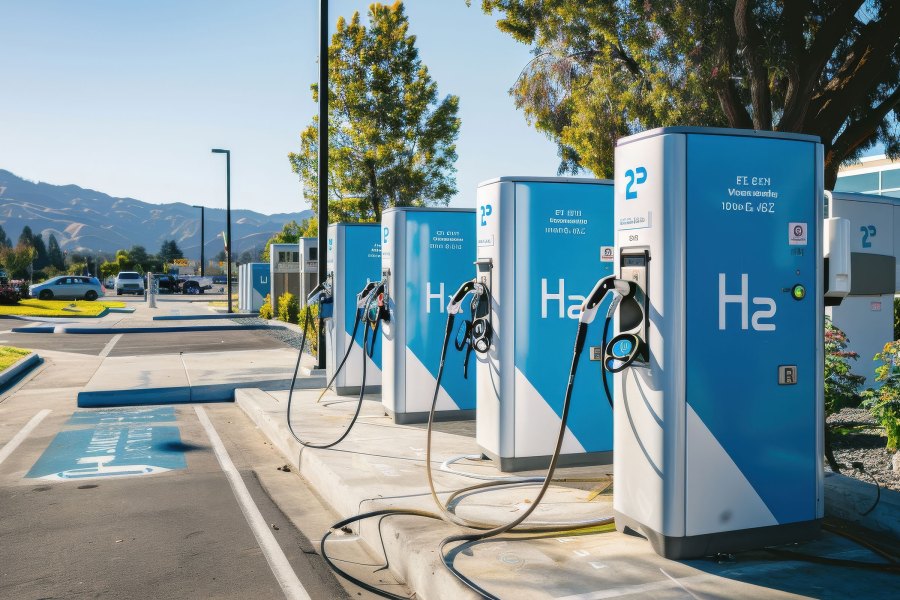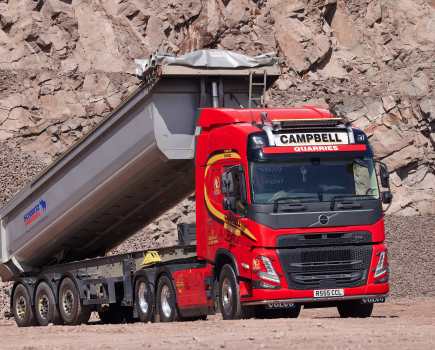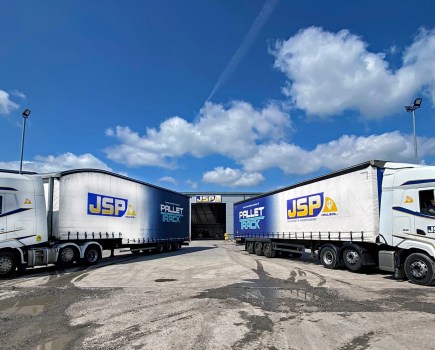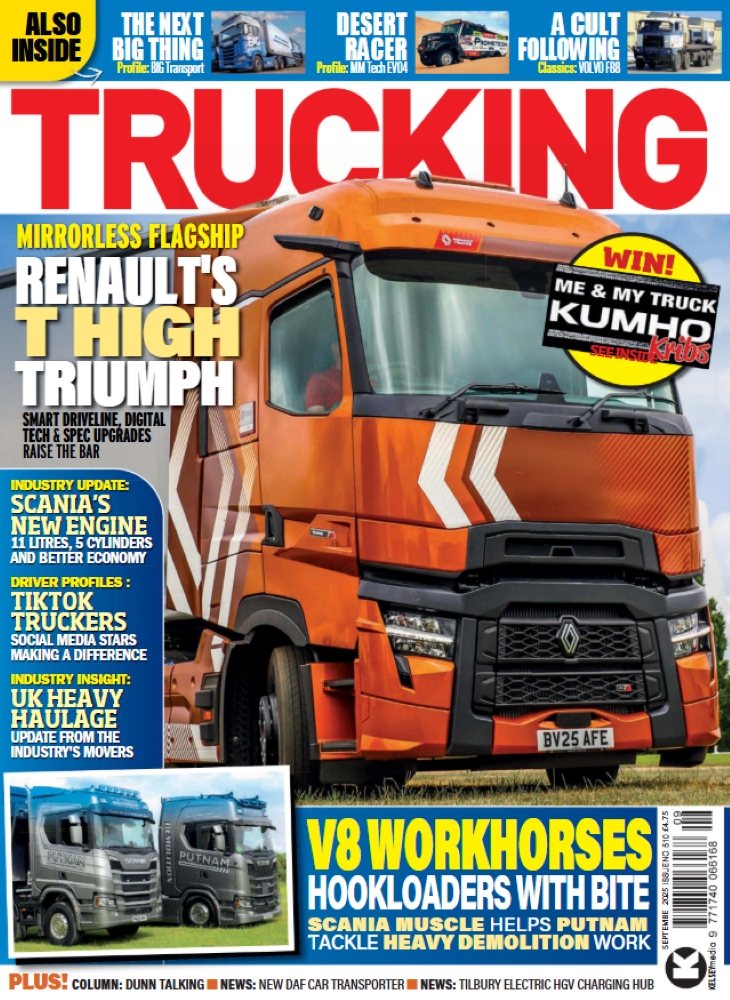H2Accelerate, a collaboration focused on hydrogen trucking, has released a new policy paper highlighting the actions needed from policymakers to establish a hydrogen-based trucking ecosystem in Europe. This initiative is critical to meeting the European Commission’s heavy-duty vehicle (HDV) CO2 reduction targets.
The European Commission’s updated targets call for a 45% reduction in greenhouse gas emissions from HDVs by 2030, compared to 2019 levels. Achieving this goal requires significantly increasing zero-emission trucks, mainly hydrogen and battery-powered vehicles. ACEA estimates tens of thousands of hydrogen trucks will be needed on European roads by 2030, alongside the necessary refuelling infrastructure.
While several EU policies, including the Renewable Energy Directive (RED) and the Alternative Fuels Infrastructure Regulation, promote hydrogen trucking, uncertainty about the long-term business case is stalling large-scale investments. The report, *The Future of European Competitiveness, led by Mario Draghi, highlights hydrogen’s role in decarbonising sectors like transport, calling for more EU investment and funding support.
Niklas Gustafsson, Head of Public Policy & Regulatory Affairs at Volvo Group, emphasised the need for strong government support to accelerate hydrogen trucking. He said, “Hydrogen is key to decarbonising long-distance trucking, but we need to work with governments to ensure policy frameworks support the business case.”
The H2Accelerate collaboration recommends several actions to build the hydrogen trucking ecosystem:
- Fund joint deployment of hydrogen trucks and refuelling stations.
- Coordinate infrastructure deployment across Europe with industry input.
- Ensure the availability of renewable hydrogen through mandates and the European Hydrogen Bank.
- Implement measures that make hydrogen trucks cost-competitive with diesel, such as carbon taxes and road toll exemptions.
- Ensure consistency in policy frameworks to meet decarbonisation targets.
The group stresses that without these actions, the 2030 emission reduction target and the broader goal of climate neutrality by 2050 will be unattainable.
H2Accelerate spokesperson Hannah Bryson-Jones added, “With just over five years until 2030, we can’t afford delays in investment. We need strong policy support now to scale up hydrogen trucking and meet the CO2 targets.”






